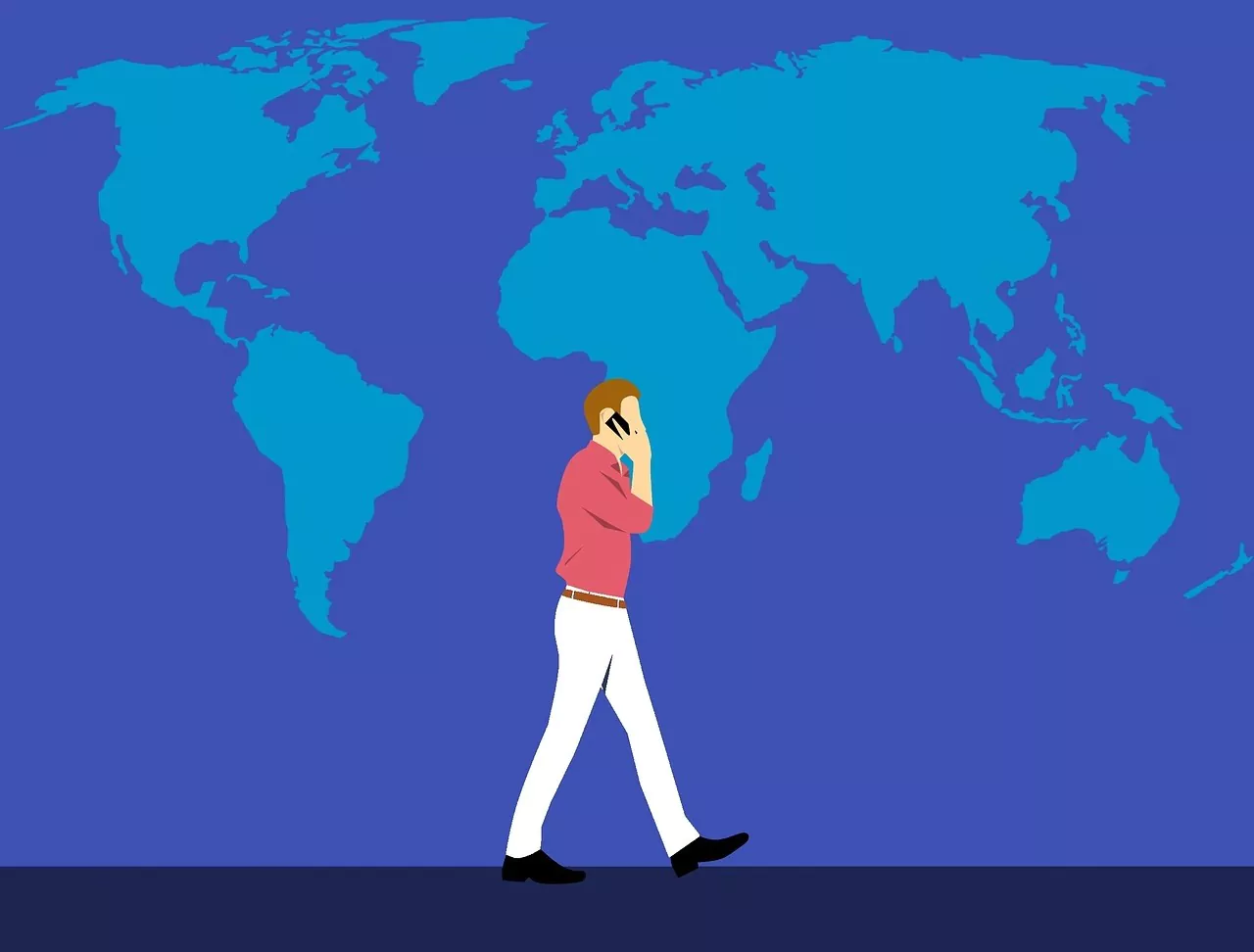The European Parliament and the Council have formally approved a ten-year extension to 2032 of the elimination of roaming charges for mobile communications between EU countries.
Urmărește mai jos producțiile video ale Economedia:
- articolul continuă mai jos -
The announcement was made on the European Commission’s Twitter page.
“Continue to call, text, and use mobile data while traveling in the EU at no extra cost,” the EU executive wrote.
As of June 2017, the Roaming Regulation removed charges for travel within the EU and from Iceland, Liechtenstein, and Norway. Since then, millions of EU travelers have benefited from roaming services at home prices (Roam like at home), one of the most iconic achievements of the EU’s single market. Originally set to expire in June 2022, this elimination risked seeing Europeans’ mobile phone bills rise again when traveling on the continent.
According to the European Commission, mobile data usage increased 17-fold during the summer of 2019 compared to the summer of 2016, the year before roaming charges were abolished.
The Roaming Regulation covers the 27 EU member states, as well as Iceland, Liechtenstein, and Norway, but not the UK, which permanently stopped applying EU rules from 1 January.
The commission originally proposed guaranteeing consumers “the same quality and speed of network connection abroad as at home”, a point that was hotly debated by member states and MEPs concerned about preserving the competitiveness and financial stability of telecoms operators. In the end, the compromise agreed means that travelers will be able to enjoy the same services abroad as at home (e.g. access to 5G services), but operators must inform them quickly of specific factors (e.g. slower speeds) that may affect their quality of service.

 pixabay.com
pixabay.com





























